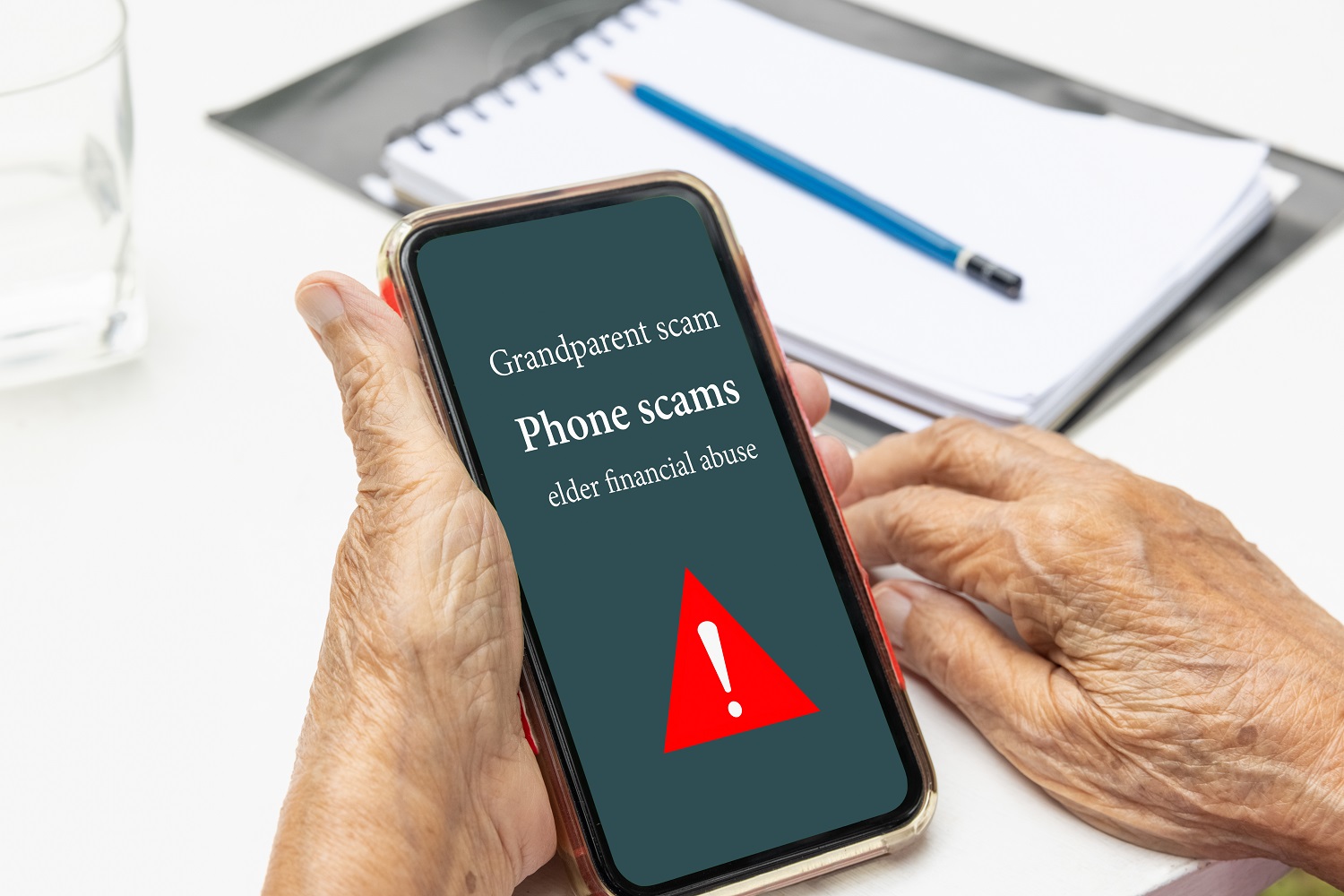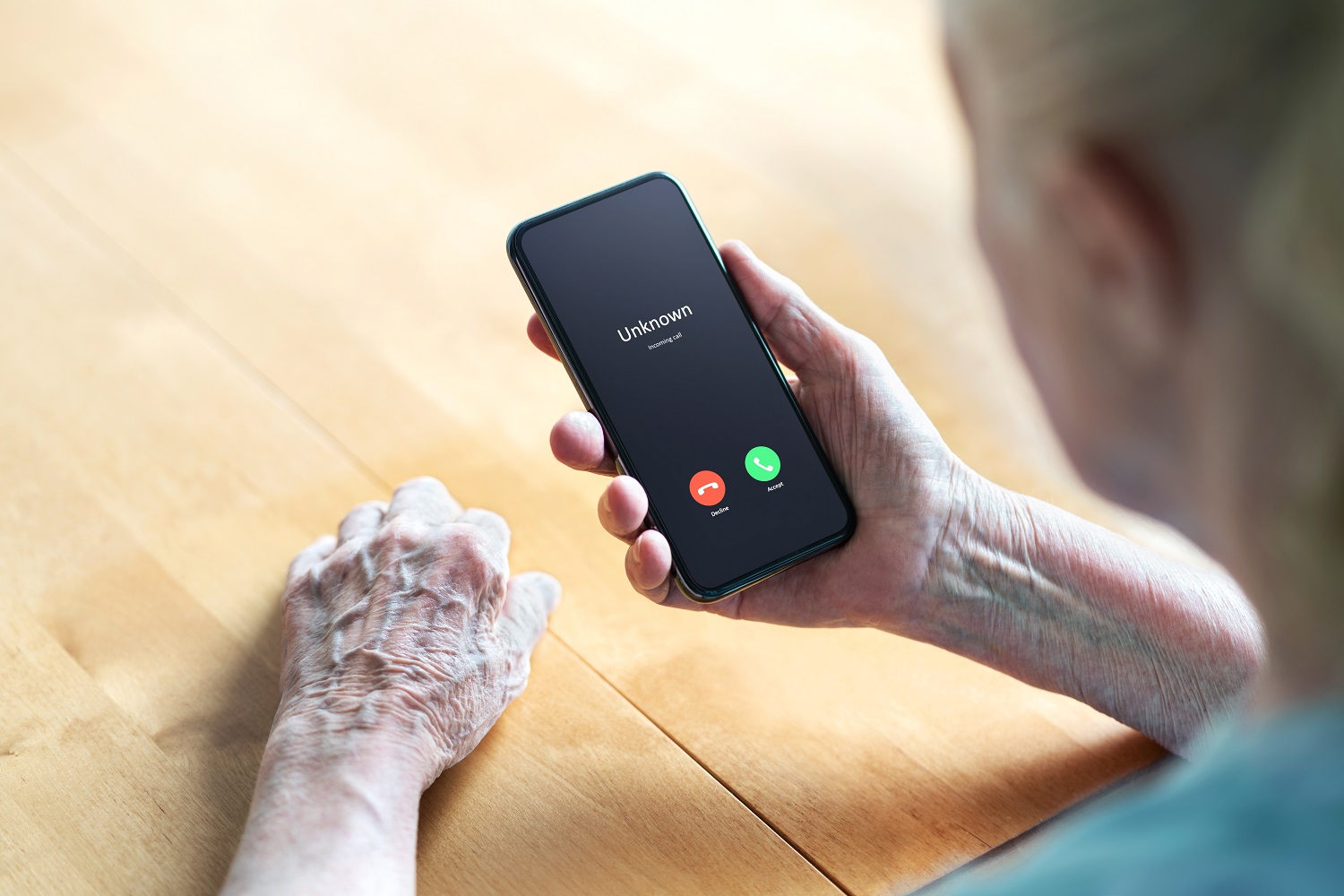By Iris Winston
Scammers collected more than $530 million from victims across Canada in 2022.
With so many fraudsters at work, it’s just a matter of time before you are contacted, if you haven’t already been subjected to a persuasive argument for giving up a large sum of money. Whatever the scam, the process involves creating urgency and secrecy and leads to the transfer of your money to a crook.

Perhaps the scammer will be presenting the grandparent scam, through which a crackly voice claiming to be your grandson says he is in trouble and needs money urgently to solve his problem.
Perhaps you will hear a silky voice explaining that money has been transferred to your bank account in error and asking you to reverse the transaction immediately or be subject to a fine.
Another route is a fake invoice, sent by email, claiming you owe for a service that you don’t remember ordering. (The reason you don’t remember it is, of course, that you didn’t order it in the first place.)
You might receive a congratulatory call telling you that you have won a competition— that you may or may not have entered—and that to claim your large financial prize, you need to pay an administrative fee. (Any genuine contest may ask for an entry fee but I have yet to see one that asks for an administrative fee after the event.)
Scams of various kinds are certainly trending, says Inspector Paul Rinkoff of the Toronto Police Service Organized Crime Enforcement Financial Crimes Unit.
“Many of the scams we are seeing are asking for our victims to go to their bank or a business to transfer money, usually off-continent and once the funds have been sent, they are very difficult to retrieve,” he warns. “We are also seeing couriers working with the scammers to pick up cash from people’s homes.”
To date, only $2.4 million of the $530 million that victims gave up last year has been recovered.
With regard to the grandparent scam, says Inspector Rinkoff, “The one we see most often is that of a family member calling, claiming some kind of emergency. They may say they have been arrested or are stuck in another country or they have been involved in a car accident and need money urgently. They’re preying on the vulnerability of the victim who will want to help a loved one.”
The key to the scam, he explains, is to keep the victim on the phone. “The scammers don’t want you to tell anybody about the situation because they may talk you out of responding. They know that if you speak to someone you trust or walk into a reputable financial institution and tell the story, it will be recognized as a scam.”
The scammers may say that there’s a legal gag order in effect. Therefore, they claim victims risk being charged if they say anything.

“Scammers are also coaching seniors on what to say to employees of financial institutions whey they’re asked their reason for sending the money,” he says, noting that mentioning a grandchild being in trouble would probably be recognized as a scam. “They’re told to say they’re repaying a debt to a friend.”
There are a number of ways to avoid getting to this point and beat the scammers.
The first step, says Inspector Rinkoff, is to take the lead. “If you get a phone call from someone who claims to be a family member under duress and needs money, be the one to ask the questions. Then, slow the conversation down until you can disconnect politely.”
The next step is to “tell someone you trust about the call to see if the red flag you sense is in fact a red flag. Then attempt to get hold of the family member, preferably through another family member, to confirm [or disprove] the details.”
Most important of all, he emphasizes, “Do not attend a bank or other business. Do not send money to someone you don’t know. Do not provide personal information over the phone—especially not your address or the names of family members. Finally, if someone shows up at your address asking for cash, call the police. That’s not a normal or legitimate way to do business.”
He emphasizes the importance of reporting any scam. “If you are the victim of a grandparent scam [or any other scam] don’t be embarrassed. These scammers are professionals and it’s imperative that you contact the police and make a report. You may also want to contact the Canadian Anti-Fraud Centre.”
For further information on scams and how to protect yourself against them, visit the Toronto Police Service at www.tps.ca/fraud or the federal Canadian Anti-Fraud Centre at www.antifraudcentre-centreantifraude.ca.
You can also read Iris Winston’s Beware of the Grandparent Scam in the January/February 2023 issue of Fifty-Five Plus.






